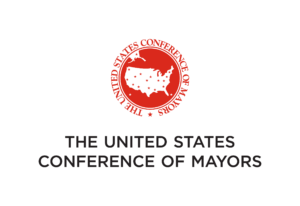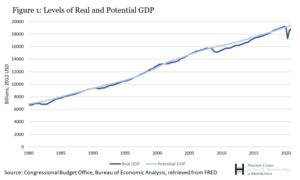This post is part of a series of posts that summarizes the book Angrynomics by Eric Lonergan and Mark Blyth.
If you found this post via search, it probably makes sense to start with the link to the full series, which is both here, and above.
Can nationalism be a force for good? And help tone down angrynomics?
The featured image will make sense in a few minutes.
This too, to me, is a very interesting idea.
While we generally perceive nationalism to be a force for bad, as the word “nationalism” conjures up images of authoritarian governments and societies, the authors ask if nationalism can be harnessed as a force for good.
They seem to ask this in the context of Europe, where 27 countries are now members of the European Union trading block, and 19 of them use the common currency of the euro.
Conceptually what they’re talking about is similar to American and Canadian federalism, where one federal government interacts (with varying degrees of cooperation – from issue to issue and from time to time) with a large number of state, provincial, and territorial governments.
The problem they identify is that often a “one size fits all” policy doesn’t work, for various reasons.
Different regions of a country simply have different dynamics, different needs, and different ideas on how to do things.
So should different regions be encouraged to attempt to solve problems in different ways, then later compare notes?
Exchange ideas on what worked best? It would seem the obvious answer is yes.
The authors make the claim that the two success stories in various regions trying different things and later comparing notes are Germany and China.
Their mention of China caught me by surprise, as I’ve learned to think of China as very authoritarian.
The claim they make for Germany is regional governments in Germany have real authority. So it seems some of the credit for German success with this goes is attributed to German traditions and history.
For China, they cite a different reason.
Their claim is that China is NOT a big unitary state, because, with a population of 1.4 billion, that simply isn’t an option.
There is simply no way for a country with that many people to impose “one size fits all” solutions to problems.
They claim that when China addresses issues like the reduction of poverty or industrial policies, no one in the central government says “All of China” should do this, that, or the other.
Instead, the central government sets targets, and the regional governments work to figure out how to get it done.
And while some regional governments lie, and others do a terrible job, when you’re running multiple “experiments” in how to solve a problem, you increase your chances of effective solutions being discovered.
The more experiments you run, the greater your chances of finding good solutions.
And once discovered, they can spread.
To transfer this to a North American perspective… If Washing or Ottawa set poverty reduction or homeless reduction goals, should not Texas and California be allowed if not encouraged to try different solutions? Same with Alberta and Nova Scotia?
Then compare notes every month, quarter, year, or whatever makes sense.
I recall reading some years ago about how mayors in the United States do this and the radio program I was listening to framed this as a positive. Their main focus was on how mayors, being very local, work to solve problems independent of partisan tribalism.
I’d like to believe this would happen with governors as well, but with America being so polarized along party lines as they are now, I have this fear that with governors it might descend into the type of partisan political tribalism we see at the federal level.
But, it’s an idea worth pursuing. It has merit.



